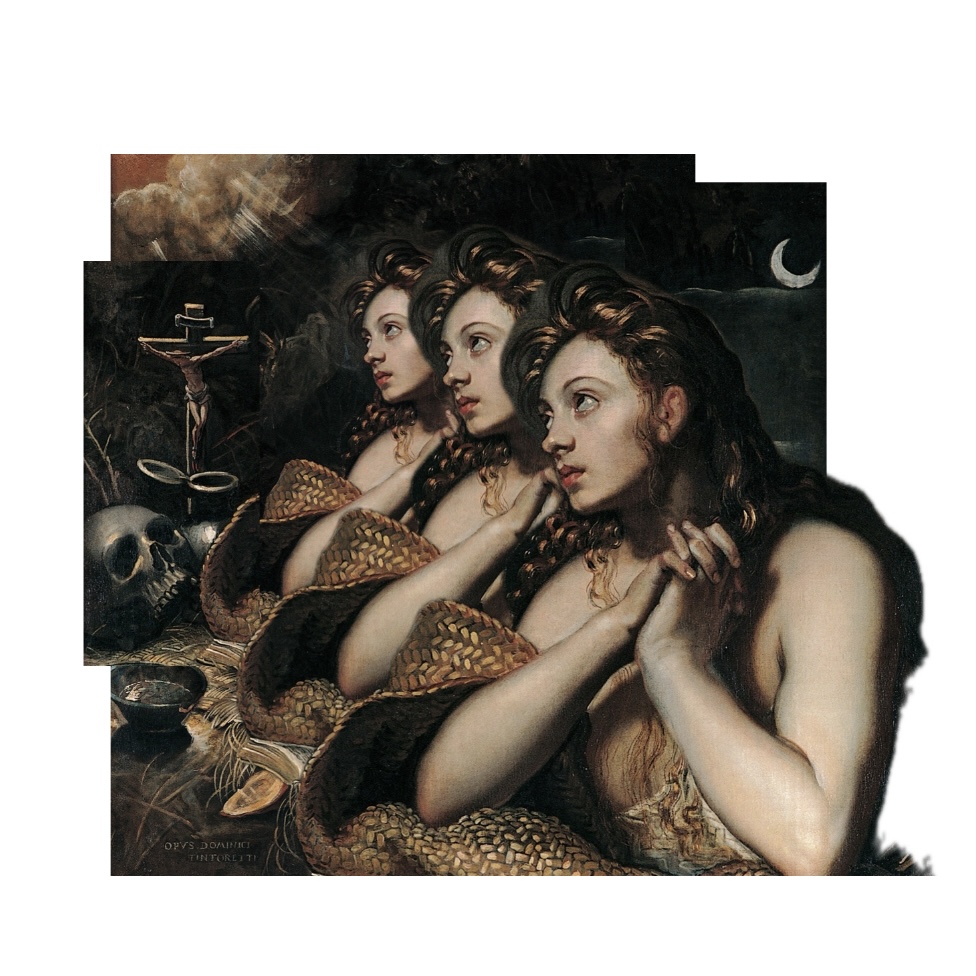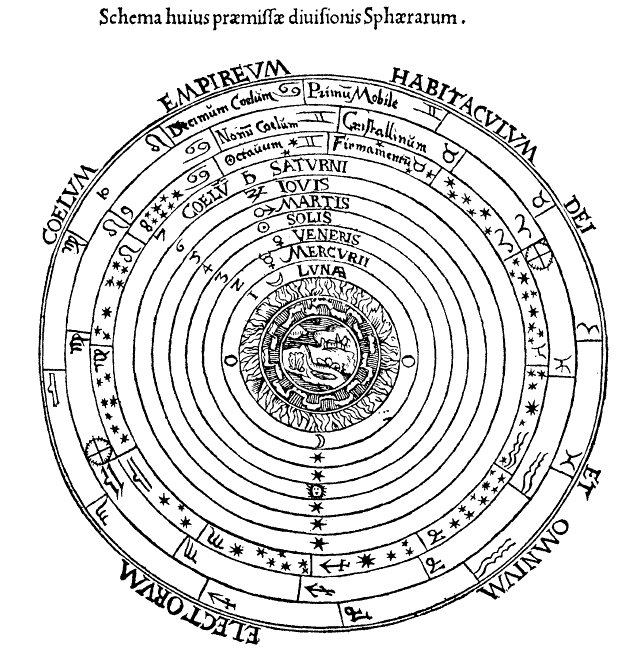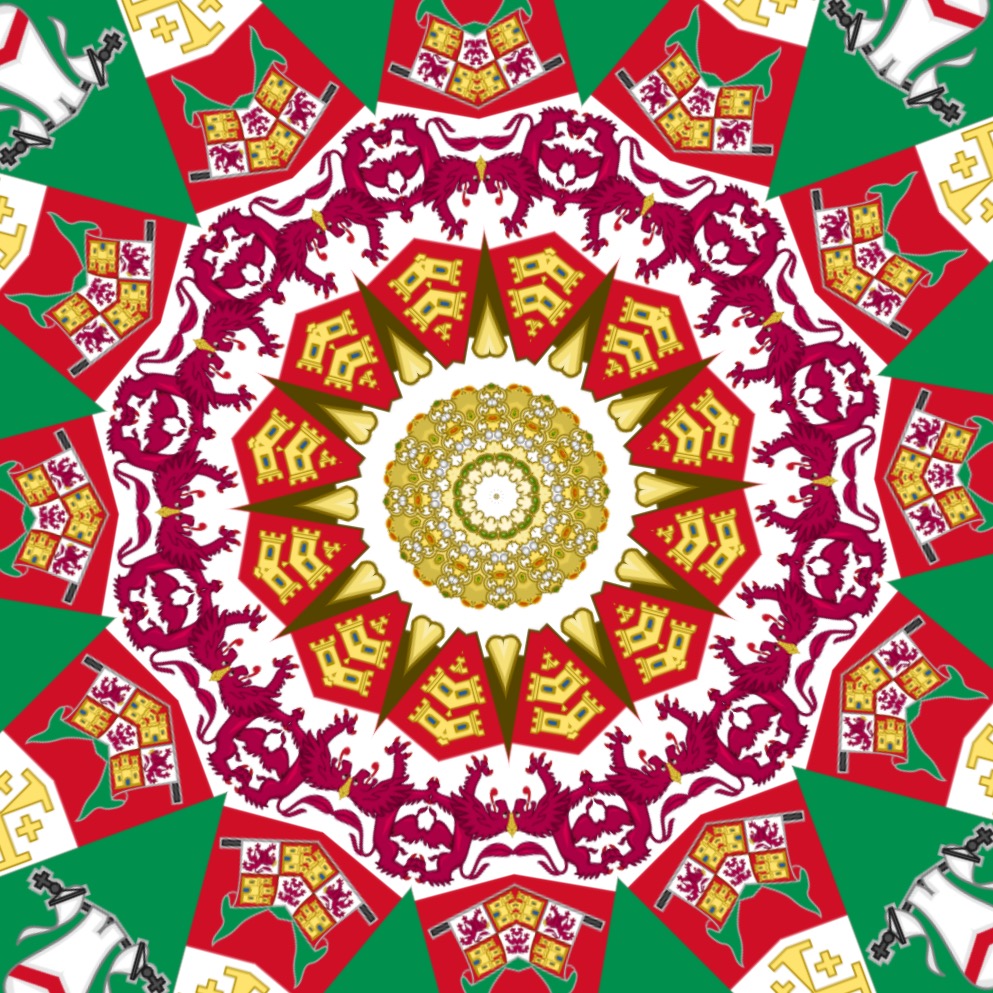
Who sins grasps at duality,
Places faith in materiality.
Bodhisattva conscious of parity,
That buddha-mind only reality.
Who ignorant
equanimity,
discriminatory.
Such judges by part
or action only
not by what in heart.

Ideas realized

Who sins grasps at duality,
Places faith in materiality.
Bodhisattva conscious of parity,
That buddha-mind only reality.
Who ignorant
equanimity,
discriminatory.
Such judges by part
or action only
not by what in heart.

(Sanskrit: avatara / Tibetan: ‘jug pa / ‘entrance’)
[1] Recognize the arising of the intermediate states of: living; dreaming; [S. samādhi] meditation; the moment before death; [S. dharmatā] reality; rebirth…
[2] Take sense perception and the nature of the mind as the path, overcome beast-like slumber, be not swayed by deceptive emotions, separate from the amalgam of flesh and blood, and arrive at the crucial point, when steadfastness and pure vision are vital…
[3] Practice the divine teaching from this moment on:
(S. charya / T. spyod pa / ‘activities’)
Shedding indolence for which life has no time;
Shedding the corpse-like sleep of uncaring ignorance;
Shedding the multitude of distractions and fantasies ;
Shedding all attachment, grasping, and compulsion;
Shedding all feelings of terror and fear, with strong resolve:
I will enter without distraction on the path of study, reflection, and meditation;
I will relax in the natural state of undistracted presence;
I will rest in the state beyond limitations without grasping or losing focus;
I will remain without distraction in the state in which the meaning of the oral teaching is clear;
I will recognize whatever appears as natural manifestations of my own pure awareness;
And determinedly unite with propensities of my past and good deeds.
Recognizing pure awareness [T. rigpa], taking sense perception and the nature of the mind as the path, with strong resolve:
I will train in manifesting the three enlightened dimensions;
I will train in recognizing, generating, and transforming dreams;
I will train in achieving stability in the practice of generation and completion;
I will train in transferring my pure awareness into the unborn expanse of space;
I will train in knowing that sound, light, and rays are apparitions of the intermediate state;
I will train in blocking the womb entrances and recall the methods of reversal.
(bodhi[sattva] / sems dpa’ / ‘heroic being’)
Now that I have obtained a precious human body,
I do not have leisure to remain in the ways of distraction.
Having overcome beast-like slumber,
I will treasure the practice of integrating sleep and clear light.
Free of all activity, practicing single-mindedly,
I will not be swayed by deceptive emotions.
I will recognize my body as an ephemeral illusion.
I will not fear the host of peaceful and wrathful deities that emanate from myself.
I renounce all attachments and meditate on my spiritual teacher with his consort.

[16] [The Teacher said,] “There where is the nous (discriminating awareness), lies the treasure.”
[17-21] Then I said to him: “Lord, when someone meets you in a Moment of Vision, is it through the soul [psychē] that they see, or is it through the spirit [pneuma]?”
[22-25] The Teacher answered: “It is neither through the soul nor the spirit, but the nous between the two which sees the vision…
…
[7-9] “All that is composed shall be decomposed; everything returns to its roots; matter returns to the origin of matter.”
[10] “Those who have ears, let them hear.”
– The Gospel of Mary Magdalene


Voice Silent,
Mind and Form
Repose.

With full heart,
As lamb to slaughter
Body, speech, and mind
I offer
Upon the alter
That are lotus-feet
Of sublime author,
guru whom I seek.
Philosophy: Mind grounded in science, Faith in salvation, View awakened
”Dharma practiced without reflection on death useless” -Jetsun Mila
Preliminaries
”Refuge opens the door to the practice of Buddhism and acts as the foundation of all advancement on the path of practice” (Practice: ch 10).
Take refuge in the guru, embodiment of Buddha, Shangha, and Dharrma.
buddham saranam gacchāmi
dhammam saranam gacchāmi
sangham saranam gacchāmi
Dedication: Arousing Bodhicitta (Words: part 2, chapter 2. Practice: ch 11)
For the benefit of others, without conceptions, dedicate accumulated merit
May I take on defeat (defilements of hate greed and illusion) and offer up the victory (accumulated merit).
”The mind of enlightenment is the generation of altruistic aspiration to the highest enlightenment for the sake of all sentient beings” (Practice: ch 11)
Purification: Vajrasattva Meditation (Words: p 2, ch 2. Practice: ch 12)
om vajrasattva hum
“Non-virtue prevents from achieving vision and realization of the profound meaning. Vajrasattva meditation and repetition purifies non-virtue. ” (Practice: ch 12)
Offering: Mandala, Kusāli (Words: p 2, ch 4,5. Practice: ch 13, 14)
Teacher’s Blessings: Guru Yoga (Words: p 2, ch 6. Practice: ch 15)
Hung
In Orgyen’s land, upon its northwest rim
On lotus, pistil-cup, and stem
Wondrous, supreme mastery you found
And as Lotus-Born you are renowned
A ring of many dakinis encircle you
And in your footsteps practicing we follow you
To grant your blessings, come we prayom ah hum vajra guru padme siddhi hung
Invocation (prayer)
Father in Heaven (mahamudra), hollowed thy name (Samantabadhri/a) thy (bodhisattva) will be done until Kingdom Come on Earth as in Heaven (liberation of all), provide us this day our daily bread (accumulation of merit) and forgive our transgressions as we forgive perceived transgressions (equanimity and compassion), lead us not into temptation (defilements, attachments) and deliver us from perils (of Samsara) for thine is the kingdom, power and glory (base, path and fruit) in the mother and child of clear light (nirvana of dharmadhattu).
With great adoration, I go to refuge in the Guru, embodiment of, the Buddha, the Dharma, of method (tögal) and wisdom (trekchö), and the Sangha, with intent to mindfully develop morality, concentration, and wisdom until enlightened by clear light of pure perfected renunciation, boddhicitta, and prajnaparamita for the benefit of all sentient beings. May all find refuge on the path of liberation. May all be without hate, greed, and illusion. May I be of any means to such end. For as long as space remains, as long as beings endure, so too may I abide to dispel suffering in Samsara.
Prostrations: (Words: p 1, ch 5,6. Practice: ch 9)
Ohm ah hum
(x3 kneeling, x3 standing, as often possible)
Meditation:
Thus motivated, meditate on emptiness and liberation.
Thus motivated I meditate on emptiness, to attain liberation from cyclic existence for all beings.
By this accumulation of virtues, May I attain all-seeing omniscience and may all faults be annihilated. The whirling turbulent waves of birth, old age, sickness and death, from this ocean of Samsara, May I liberate beings.
samaya gya gya gya
Continue reading “Practice of a Buddhist Christian Scientist”

Sentience “superior” Without compassion For that thought “inferior”, Heart artifice And absent intelligence.
